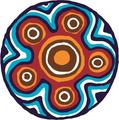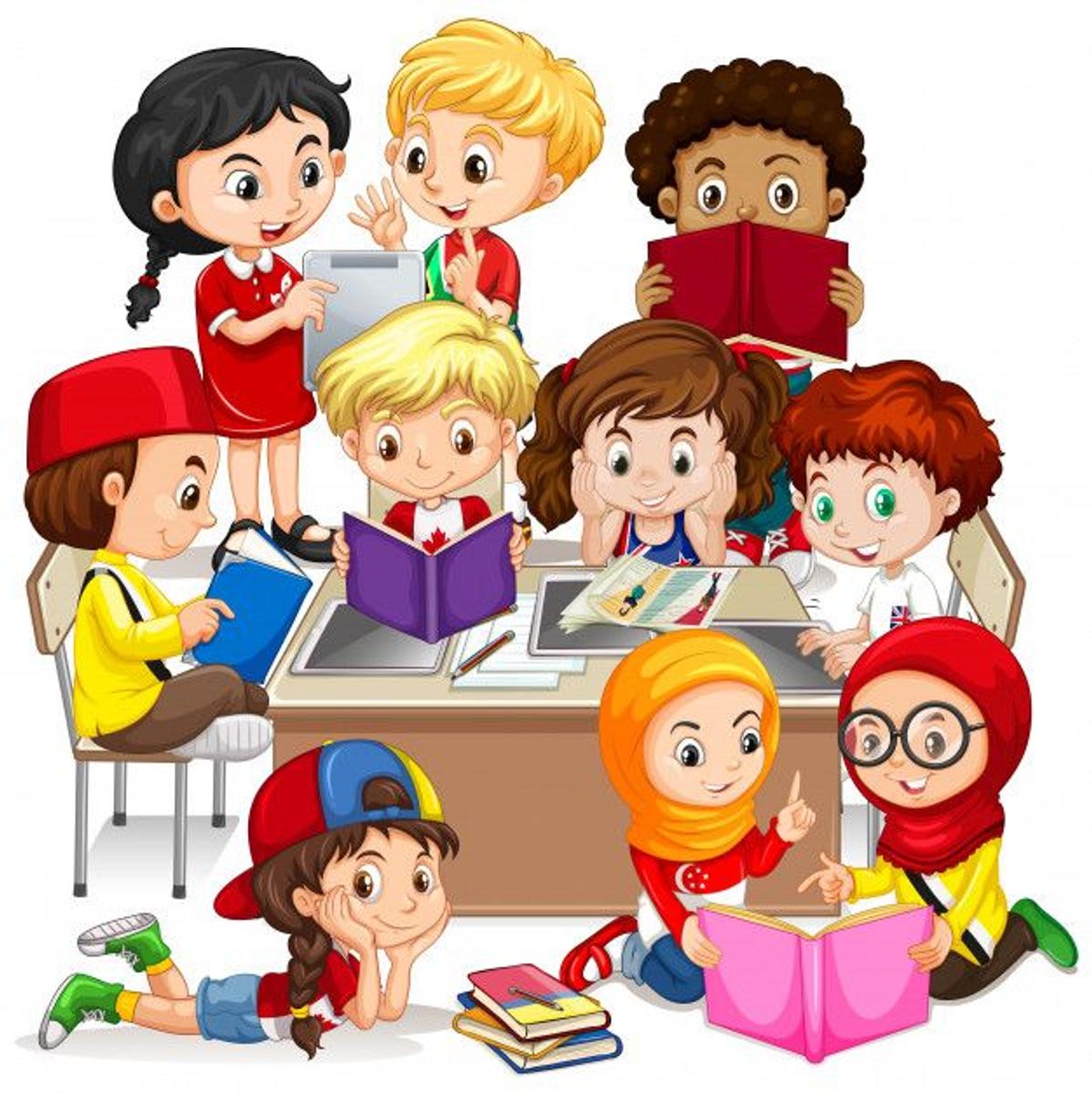YEAR 3 Term Overview

Year 3 Term 2 Curriculum Outline
Welcome back!
Welcome back to another term of incredible learning and self development at DCC to our existing families, and a big WELCOME to all our new families joining us this term! We have spent the beginning of the term reestablishing routines and expectations of a Grade 3 student, as well as preparing for NAPLAN. We continue to work really hard to develop strong relationships with each child and an understanding of your child and their learning needs, and are looking forward to seeing what each child can achieve.
Term 2 Learning:
In Reading, we will be unpacking the lesson that the story teaches, as well as justifying what text clues and prior knowledge helped to determine the lesson. Students will access a range of texts, as well as those of different cultures to help deepen their knowledge and to become a global citizen. Students will also be making various connections to different texts that we read. They will also be reading non-fiction texts, identifying the different text features in such books and exploring the purpose of each of those features.
In Writing, the students will be continuing work with the 6+1 Writing Traits. They will develop their knowledge around finding a topic, crafting sentences with varying beginnings, using the perfect word in the perfect place, and using techniques that make their writing stand out, while consolidating their spelling, punctuation, grammar knowledge and handwriting skills. These will be practised and explored through narrative writing.
In Numeracy, we have started learning about time by both creating a time, as well as interpreting both an analogue and digital clock. Students have worked on time to the half hour, time to the quarter to and quarter past, and are working towards time to the minute.
We will begin mass and capacity in week 4, giving way for NAPLAN which commences in week 3. Students will be given the opportunity to develop their understanding of measurement and geometry by measuring, ordering and comparing objects based on their mass and capacity.
Financial maths is another unit that students will be exposed to this term, where they will learn to represent money values in multiple ways and count the change required for simple transactions to the nearest five cents.
Multiplicative thinking is a unit that will continue to be taught to students throughout the duration of the year as it is considered ‘a big idea’ in years 3 and 4. They will be taught strategies in order to recall multiplication facts of two, three, five and ten and their related division facts. They will also be taught how to represent and solve these problems using efficient mental and written strategies.
This term our Social and Emotional learning will focus on social awareness and management. They will identify and explore different feelings and the different behaviours that follow, distinguishing if they are appropriate behaviours or not. Students will be able to articulate their feelings with the Feelings Faces display in the classroom, which communicates to the teacher how students are feeling. They will also be unpacking the importance of friendship, how to make and keep friends and how to also solve problems that may arise within friendships.
Within Inquiry we are unpacking the driving questions ‘How have significant historical events influenced the perspectives and experiences of First Nations People? Are the perspectives and experiences of First Nations People reflected in the commemorations and symbols of Australia? Whose perspectives and experiences are reflected in Australia's society, commemorations and symbols?” Students will identify and explore the history of First Nations People, as well as the significant events that are commemorated in honour of the First Nations People.
General Reminders:
- Please ensure that your child is at school and ready to learn at 8:40am.
- Please ensure that you check and log into Compass and Seesaw regularly, as these will be the main portals that we (the teachers) will communicate information with you on. Compass is also the place where you will be able to access your child’s goals and achievements, these will be released every five weeks and will tell you what your child has achieved in Reading, Writing, Numeracy and Inquiry/Social, as well as their next steps (goals). These have not yet begun.
- To help support students with their reading, we recommend using platforms such as Wushka and EPIC to choose books to also read at home. You can also use other books that you might have at home or may have borrowed from a local library. These books can be recorded in your child’s reading journal to track reading. Your child's teacher will have a day in which all satchels need to be returned so they can view, record and provide feedback on their nightly reading.
- Students are also expected to be borrowing books from the library weekly during your child’s library sessions. Please ensure students bring their reading satchel and/or their library to allow them to borrow. The library will not be allowing students without these to borrow books.

